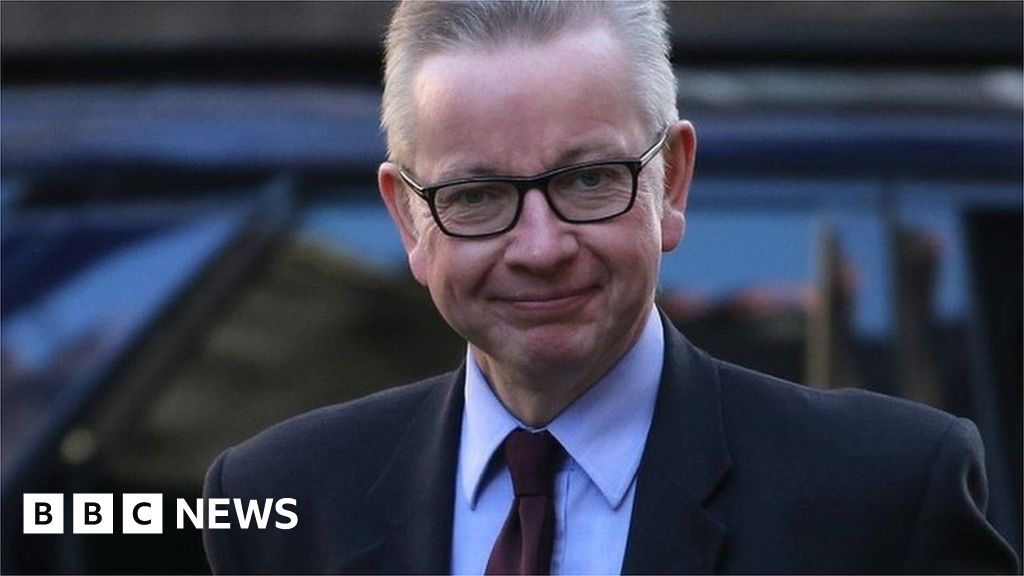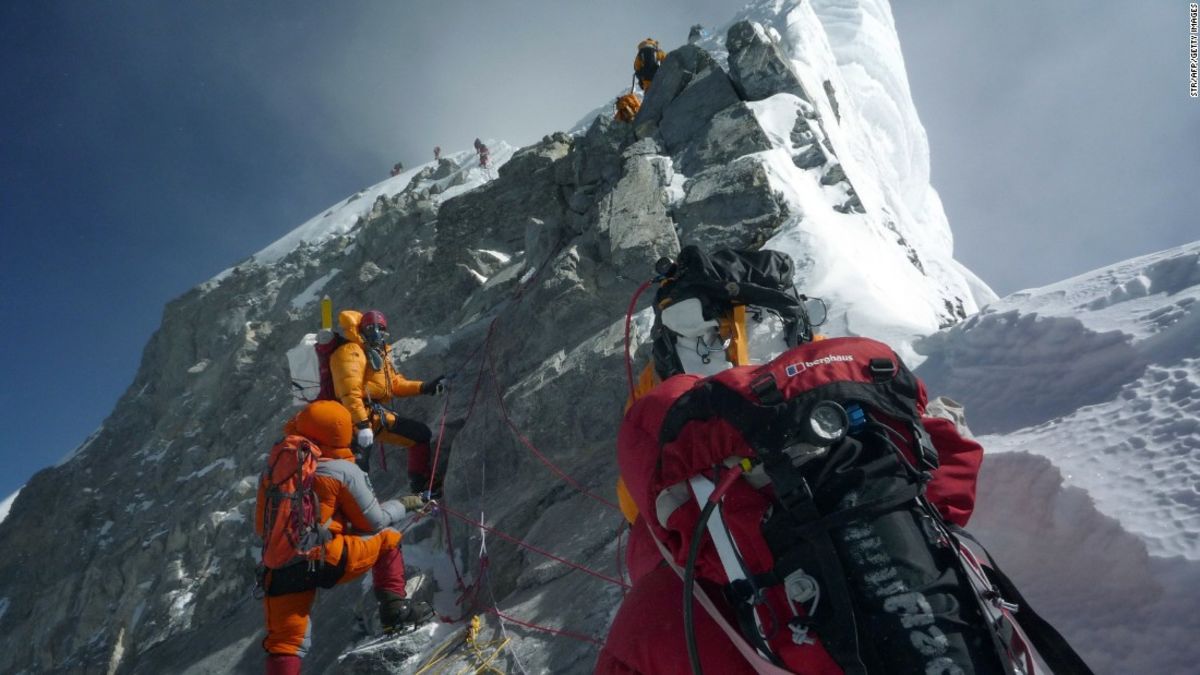A woman exits a voting booth with curtains depicting the European Union flag in Baleni, Romania, on Sunday.
Andreea Alexandru/AP
hide caption
toggle caption
Andreea Alexandru/AP
Europe's traditional centrist coalition lost its majority in the European Union's parliamentary elections Sunday, with far-right populist parties and liberal, pro-European Union parties both gaining ground. The results suggest a complicated future for the EU, as voters look for new ways forward.
More than 50 percent of European voters turned out last week to vote in the parliamentary elections, the highest turnout in two decades and a sharp increase from the last election in 2014.
Here's what you need to know from the results.
The center-left, center-right coalition lost its majority
The center-right group known as the European People's Party (EPP) and the center-left Progressive Alliance of Socialists and Democrats (S&D) held 54 percent of the seats before the vote. Now they're down to 43 percent, according to Sunday's results. The two blocs together lost more than 70 seats, along with the majority they held for decades, according to NPR's Sylvia Poggioli.
The results suggest that European centrists will have to reach out to and unite more broadly with liberal coalitions in order to affect change — and maintain authority — in the EU.
The far-right gained ground — but not as much as expected
Matteo Salvini, Italy's Deputy Prime Minister and leader of the right-wing League party, speaks at a news conference following the European Parliament election results on Monday in Milan.
Emanuele Cremaschi/Getty Images
hide caption
toggle caption
Emanuele Cremaschi/Getty Images
Populist, euroskeptic parties across Europe saw gains, but less than what some pre-election polls had predicted — and what pro-EU forces had feared. And the various nationalist parties' differences over issues like migration and attitudes toward Russia could cloud prospects for a united right.
"What happened was not really what a lot of people were fearing, that there would be a surge of the far-right populists," former Swedish Prime Minister and now co-chair of the European Council on Foreign Relations Carl Bildt told NPR on Monday. "There was an increase by the far-right, but fairly marginal and far less than what people had predicted."
Because the gains were smaller than expected, the far-right likely won't be able to reshape the future of Europe by itself, says NPR's Poggioli, but it may be able to obstruct the legislative process. Many attribute the victories on the far-right to high unemployment rates, security concerns after several terrorist attacks and tensions over migration.
In France, the far-right National Rally party of Marine Le Pen narrowly beat French President Emmanuel Macron's party coalition. Though Le Pen's party won by less than 1 percent, with 23 percent of the vote, she dubbed it a "victory for the people" on Twitter.
The League, Italy's far-right populist party led by Deputy Prime Minister Matteo Salvini, saw a sweeping victory, garnering more than 34 percent of the country's vote.
"Not only is the League the top party in Italy, Marine Le Pen is the top party in France, Nigel Farage is the top party in the U.K. So Italy, France, the U.K., it's a sign of a Europe that's changing," Salvini said at a press conference after the victory.
In Hungary, the nationalist Fidesz party of Prime Minister Viktor Orbán took more than 52 percent of the vote.
In Austria, conservative Chancellor Sebastian Kurz's Austrian People's Party won the election Sunday, but Kurz was ousted Monday when he lost a no-confidence vote stemming from a scandal that erupted last week over its coalition partner, the far-right Freedom Party. That party fared worse than it had in the previous European election.
Though many of the far-right parties of Europe share the goal of weakening the European Union, they clash on other pressing issues. In Italy, for instance, Salvini, though anti-immigration, has advocated for the relocation of asylum seekers across the EU. Hungary's Orbán has pushed to close borders.
"We reject migration; and we would like to see leaders in position in the European Union who reject migration, who would like to stop it and not manage it," Orbán wrote in a statement after casting his vote Sunday.
Europeans are concerned about the environment
The Greens, a party coalition focusing on environmental issues, went from 52 seats in the European Parliament in 2014 to 69 in 2019, making them the fourth largest voting bloc in the EU.
Members and supporters of the Greens coalition celebrate in Berlin after the announcement of the first forecast for the European elections.
Kay Nietfeld/Picture Alliance Via Getty Images
hide caption
toggle caption
Kay Nietfeld/Picture Alliance Via Getty Images
The results, the strongest ever for the Greens, indicate that many Europeans are growing increasingly concerned about climate change and the environment. Recently, across northern Europe, young people have been protesting what they see as governmental inaction on combating climate change.
In Germany, the Greens took 21 percent of the vote, second only to German Chancellor Angela Merkel's Christian Democrats, part of the center-right EPP European parliamentary bloc. Since the last election in 2014, Merkel's party lost 6 percentage points, while the Greens gained nearly 10 points.
The Greens also saw gains in France, the Netherlands, Ireland, Finland, Denmark and Belgium, among others.
"The Greens and the Liberals were the winners of the day," Sweden's Carl Bildt told NPR.
The U.K. doubles down on Brexit
Brexit Party leader Nigel Farage arrives at a Brexit party on Monday in London.
Peter Summers/Getty Images
hide caption
toggle caption
Peter Summers/Getty Images
Voters in the United Kingdom weren't initially even supposed to participate in this election; they were supposed to have left the EU by the end of March. But with several delays — and plans for leaving now set for October — U.K. voters had to take part, and gave the new Brexit Party, led by populist Nigel Farage, more than 30 percent of the vote.
In contrast, Prime Minister Theresa May's Conservative Party ended up in fifth place, with 8.7 percent of the vote. "This is the worst showing by the Conservative Party since the 1830s," says NPR's Frank Langfitt.
The Labour Party also fared poorly, down 10 percentage points since 2014. Both the Labour and Conservative parties wavered on finding a clear position on Brexit, and the vote seems to indicate, Langfitt says, that voters rewarded clarity on the issue of leaving the EU. Liberal Democrats and other pro-EU parties did well.
"Never before in British politics has a new party, launched just six weeks ago, topped the polls in a national election," Farage said after his election as a member of the European Parliament. "There's a huge message here, a massive message here."
Let's block ads! (Why?)
https://www.npr.org/2019/05/27/727293356/4-takeaways-from-the-european-parliament-election-results
2019-05-27 18:42:00Z
52780301352929










